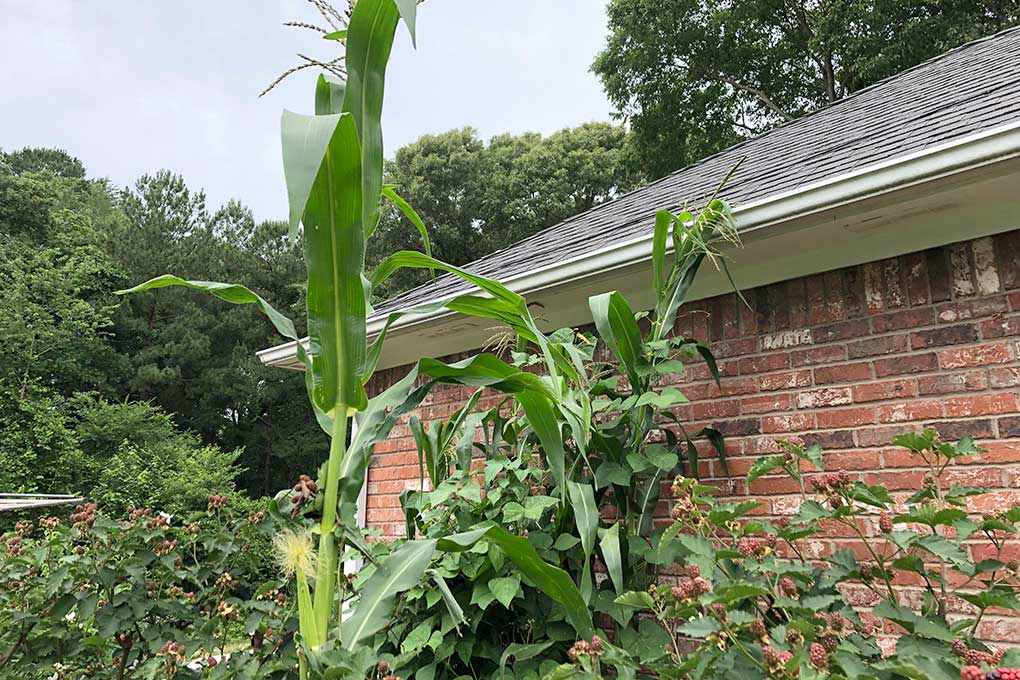Drug stores have had signs heralding the 2018-19 Flu Season for weeks. Meanwhile, if you’ve visited your doctor recently, he or she has most likely reminded you to get your flu shots in a timely fashion this year.
However, notes the Association of Mature American Citizens [AMAC], there continues to be widespread reluctance, based on indifference and fear, among Americans to be immunized against the flu. Most years only about half of those who should seek protection get a flu shot. As a result, too many at risk individuals, including elderly Americans, succumb to influenza and too many of them die.
Last year’s flu season was exceptionally long. It lasted from October 1, 2017 and continued until nearly the end of April 2018 and caused some 30,453 laboratory-confirmed hospitalizations of flu victims, most of whom were 65 years old or older, according to the Centers for Disease Control [CDC].
So, why don’t more of us embrace the flu vaccine as an established preventive measure?
AMAC suggests that the “myths” about the flu shot may have something to do with it. Perhaps the most senseless misconception people might have is that they need not be vaccinated every year to be protected. The most important reason for getting a shot every year is the simple fact that in the course of a year the vaccine loses its effectiveness. In addition, the makeup of the flu virus, itself, changes each year so a new vaccine needs to be produced annually. And, that is why the CDC strongly recommends that, ideally, everyone, six months old and older should be immunized at the onset of flu season.
AMAC is particularly focused on encouraging America’s seniors to get a flu shot pointing out that 58% of all those who had to be hospitalized due to influenza last year were over 65 years of age. In fact, the CDC even underscores the need for older Americans to be vaccinated because they are at higher risk of developing serious complications from flu. There’s even a special version of the vaccine especially designed for seniors. It’s a high-dose vaccine that contains four times the amount of antigen contained in a regular shot.
The CDC says that the high-dose vaccine was tested in a massive clinical trial in which there were 30,000 participants. The trial proved the effectiveness of the high-dose version of the vaccine among the 65-plus set. Those seniors who received the high dose vaccine “had 24 percent fewer influenza infections as compared to those who received the standard dose flu vaccine.”
Most physicians will tell you that if you are among the skeptics when it comes to flu shots, you need to focus on the facts, not the myths. And, if the truth about the flu be told, it will be told by the Centers for Disease Control, which says get a flu shot as early as you can in the season because it is not just the best way to help protect you.
For more like this, see the Oct. 3 issue or subscribe online.
By the Association of Mature American Citizens


















0 Comments